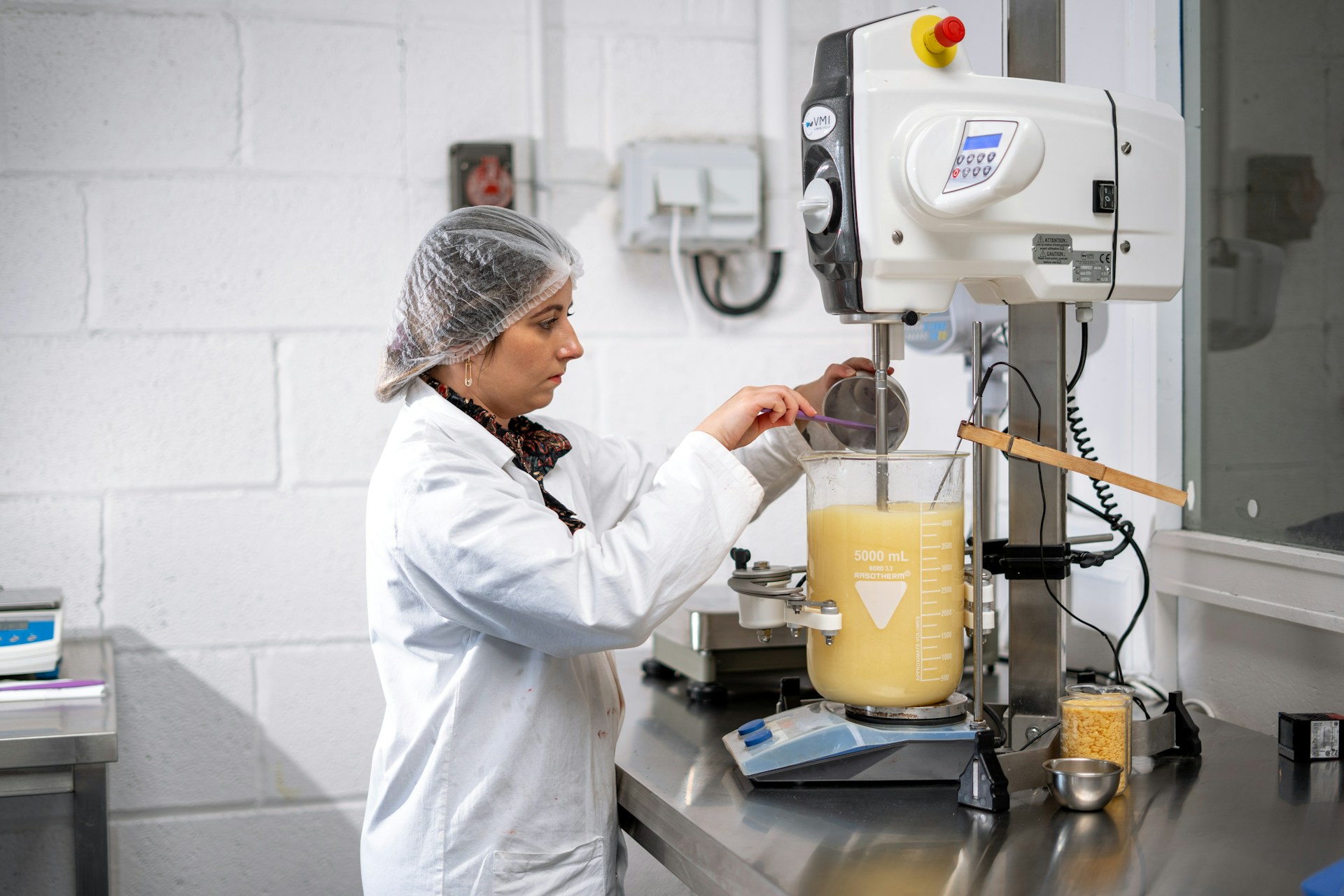Precision scales have become an essential tool in modern manufacturing, offering unmatched accuracy and reliability for industries that thrive on precision.
From ensuring product quality to meeting stringent regulatory requirements, these scales can be found at the heart of many operations. But what exactly are their most crucial uses?
This blog explores the top five applications for precision scales in manufacturing, highlighting their importance in achieving lab accuracy, streamlining processes, and maintaining consistency.
If you’re in search of insights on how manufacturing scales are transforming the industry, keep reading.
What Makes Precision Scales Essential in Manufacturing?
Precision equipment, like advanced scales, is critical in manufacturing because every detail matters.
Whether you’re calibrating tools, weighing components, or meeting regulatory standards, precision scales provide the dependability required to keep processes efficient and effective.
Below, we’ll discuss five key applications of precision scales in manufacturing and how they’re helping industries achieve higher accuracy and reliability.
1. Pipette Calibration
Pipette calibration is a highly specialized process critical in labs and manufacturing settings where measurement accuracy is paramount.
Precision scales assist in verifying that a pipette delivers the correct liquid amount, ensuring compliance with industry standards.
Why Is Pipette Calibration Important?
- Accuracy in Measurements: Using precision scales for pipette calibration ensures consistency in fluid measurements, supporting quality outcomes in pharmaceutical and biotech manufacturing.
- Compliance with Protocols: Industries like healthcare and food production require strict adherence to calibration standards to meet regulatory compliance.
- Cost Savings: Proper calibration minimizes waste and prevents costly recalls caused by inaccurate formulations.
With high-precision manufacturing scales, pipette calibration becomes a seamless process, directly contributing to better product quality and safety.
2. Weighing Raw Materials in Production
Before manufacturing even begins, raw materials must be weighed with absolute precision. Precision scales play a vital role in ensuring that materials are measured accurately to meet product specifications.
Applications in Manufacturing:
- Chemical Processing: Industries like plastics, pharmaceuticals, and food production require exact ingredient proportions during the initial mixing phase.
- Automotive and Aerospace Manufacturing: Weight consistency in metals and composite materials is critical for safety and performance.
- Cosmetic Production: Precision scales help brands maintain product uniformity by accurately measuring active ingredients.
This step lays the foundation for quality control across all manufacturing stages.
3. Quality Assurance Testing
Precision scales are indispensable tools for achieving unmatched quality assurance. Accurate weight readings allow manufacturers to assess the consistency, safety, and reliability of their products before they hit the market.
Examples of Quality Assurance Uses:
- Component Development: Small differences in weight can affect the function of electronic components, automotive parts, or medical devices.
- Packaging Checks: Precision weighing ensures that pre-packaged goods meet legal and consumer expectations for weight and quantity.
- Material Residual Analysis: Manufacturing scales are useful in analyzing leftover waste materials to improve production yields and efficiency.
By integrating lab accuracy into quality assurance with manufacturing scales, manufacturers can meet and exceed both customer expectations and industry regulations.
4. Inventory Management & Control
Inventory management systems rely on precision equipment to optimize storage and minimize waste within manufacturing facilities. Scales play a significant role in ensuring inventory accuracy and cutting down on errors.
Key Applications:
- Monitoring Stock Levels: Precision scales prevent over-ordering or under-ordering by providing reliable data on current inventory.
- Batch Control: For industries operating on Just-In-Time (JIT) manufacturing models, precise weighing ensures that the right quantity of materials is used and delivered.
- Protecting Profit Margins: Accurate inventory management can significantly cut costs by reducing excess stock, waste, and inefficiencies.
These benefits make precision scales essential tools for maintaining lean manufacturing practices.
5. Research & Development (R&D) Processes
R&D departments often rely on precision equipment for prototyping and testing new materials, products, or formulations. Precision scales provide the accuracy needed to bring innovative ideas to life.
Role of Precision Scales in R&D:
- Formulation Testing: Scales help researchers achieve exact proportions for new product formulations.
- Material Property Testing: Understanding the weight and density of materials allows engineers to predict their performance in real-world scenarios.
- Prototype Development: Precision weighing ensures prototype components meet specified tolerances before moving to larger-scale production.
For industries striving for innovation, scales that provide accurate measurements can be the difference between success and failure in R&D.
Precision Scales Enable Manufacturing Excellence
Precision scales are more than just tools; they are integral to maintaining accuracy, efficiency, and productivity in a variety of manufacturing applications.
Whether you’re refining the art of pipette calibration, ensuring raw materials meet exact requirements, or advancing research and development, these tools set the gold standard.
By investing in high-quality manufacturing scales, businesses can not only improve their processes but also stay competitive in a changing industrial landscape.
If you haven’t explored the benefits that precision equipment, like advanced weighing systems, can bring to your manufacturing process, now’s the time.



Leave a Comment